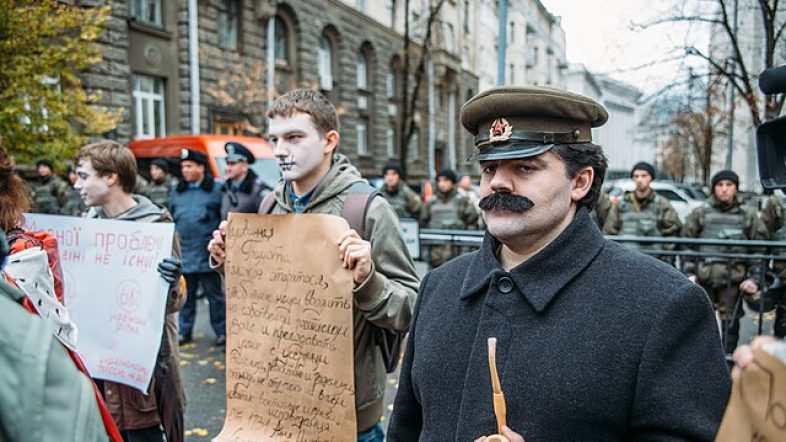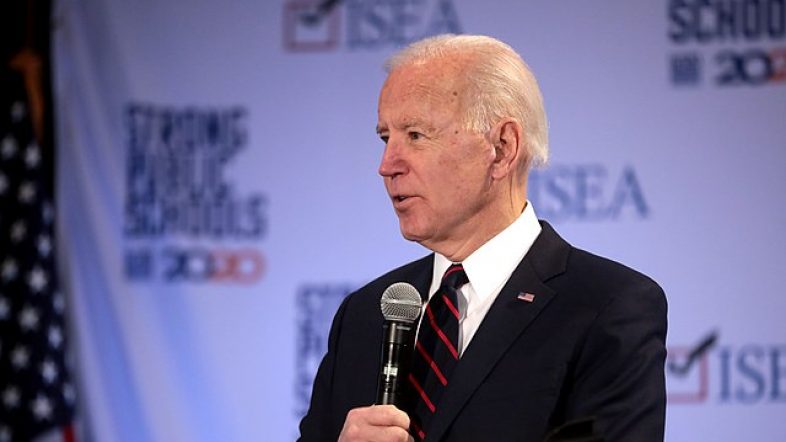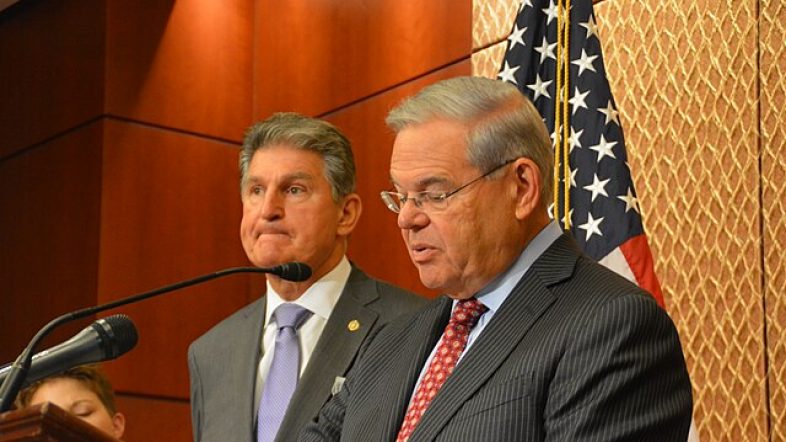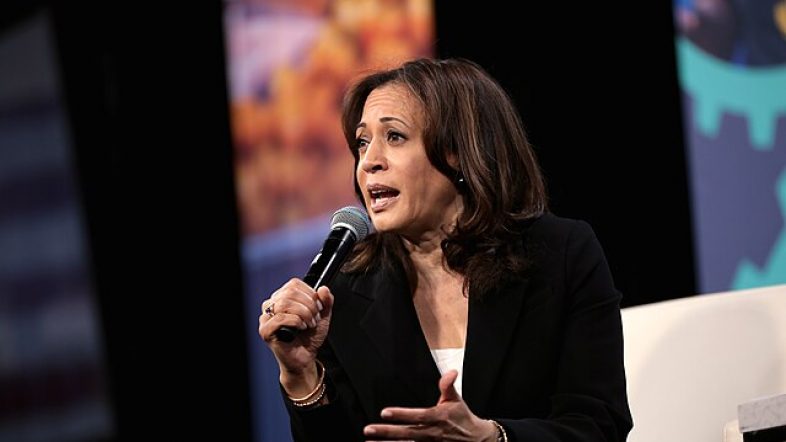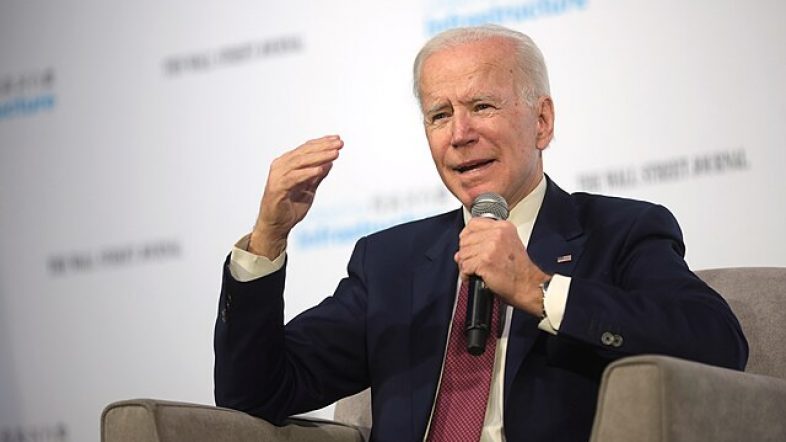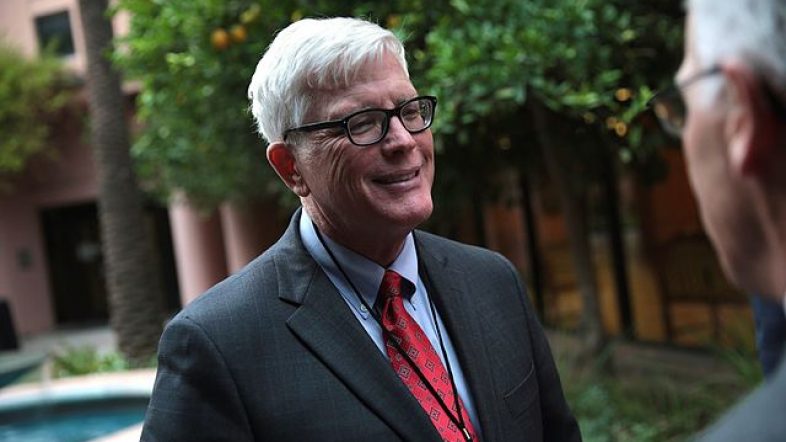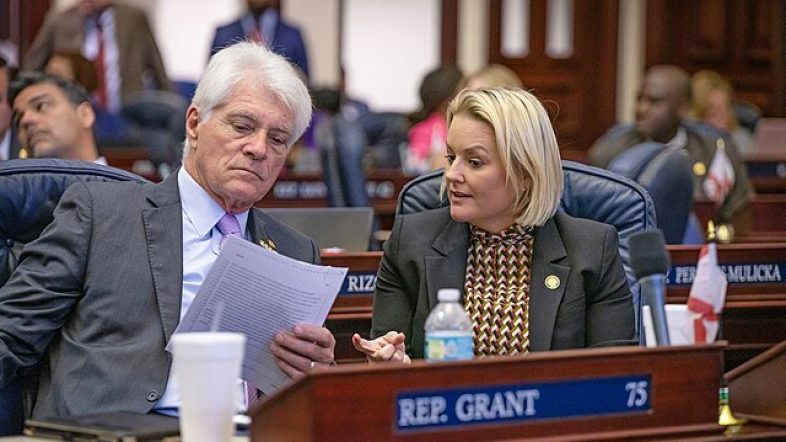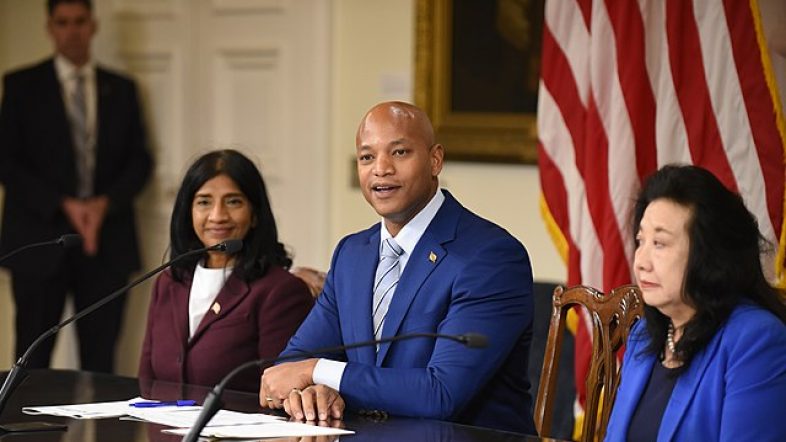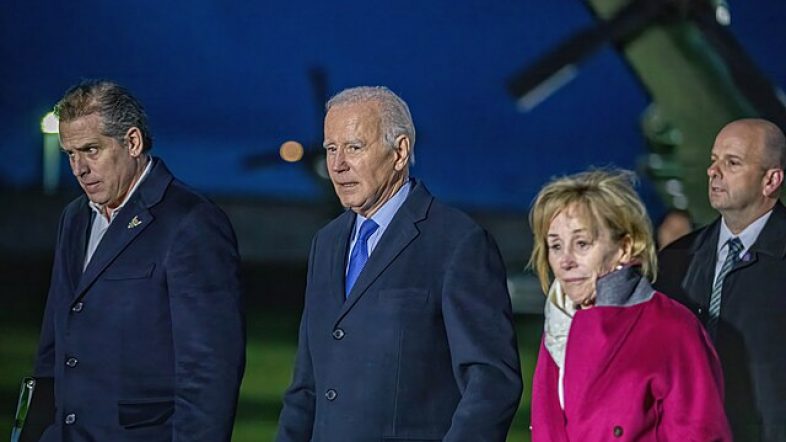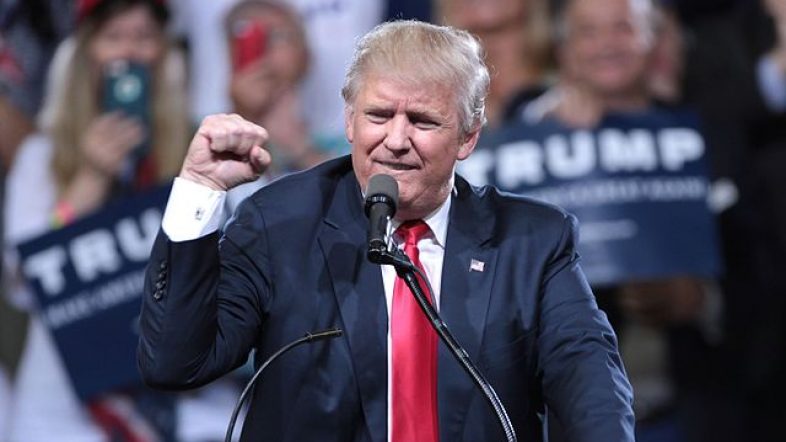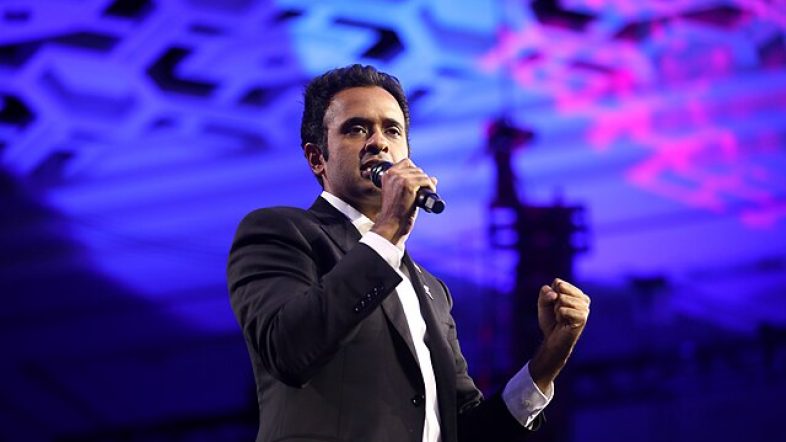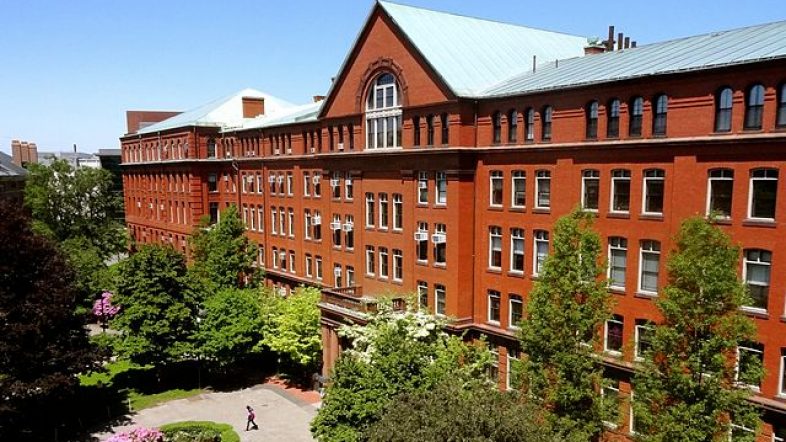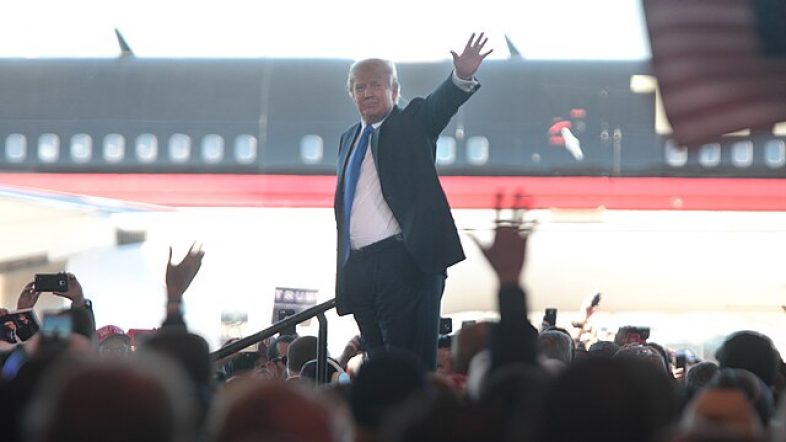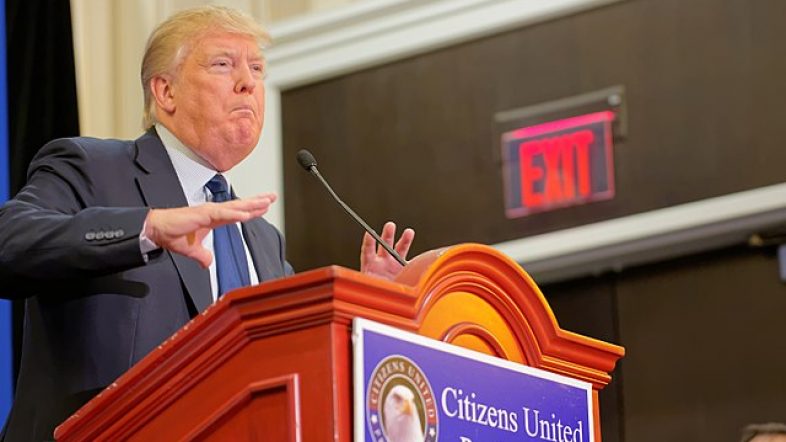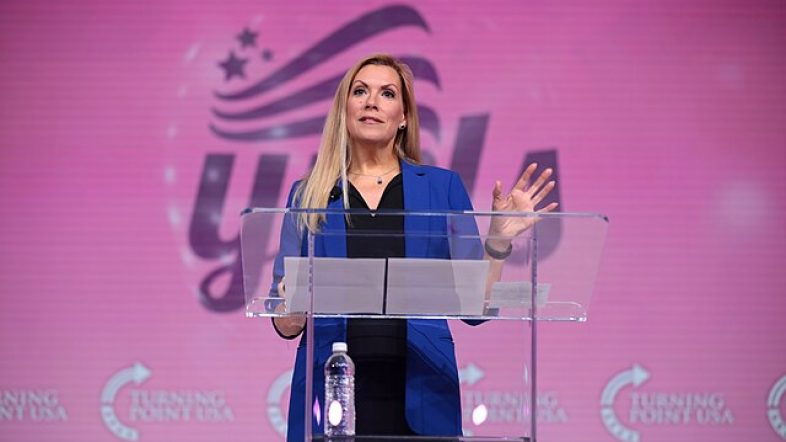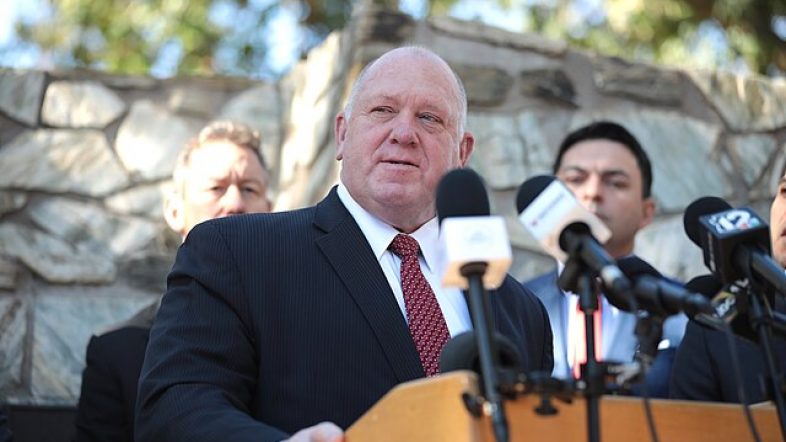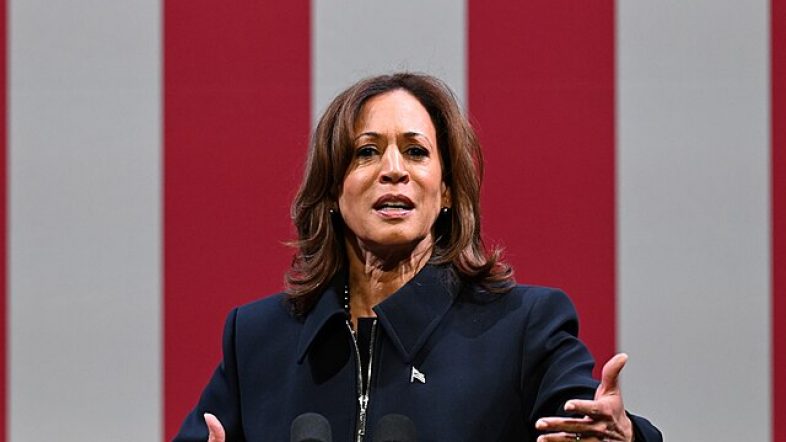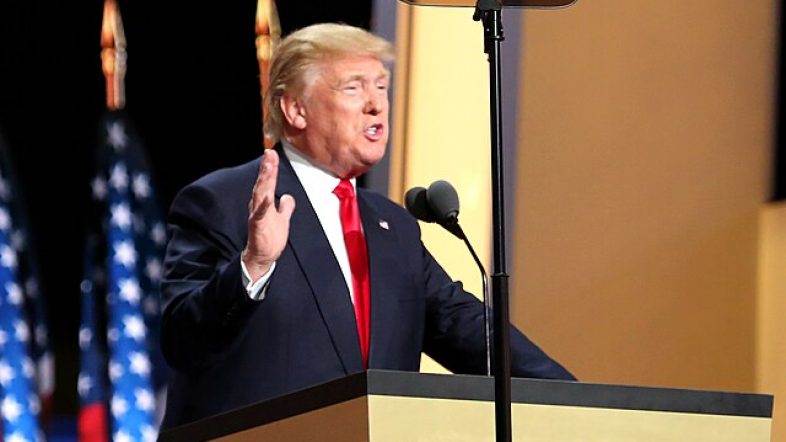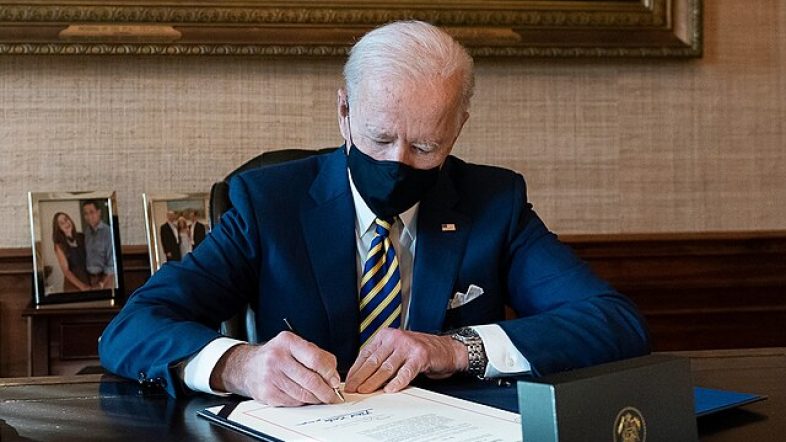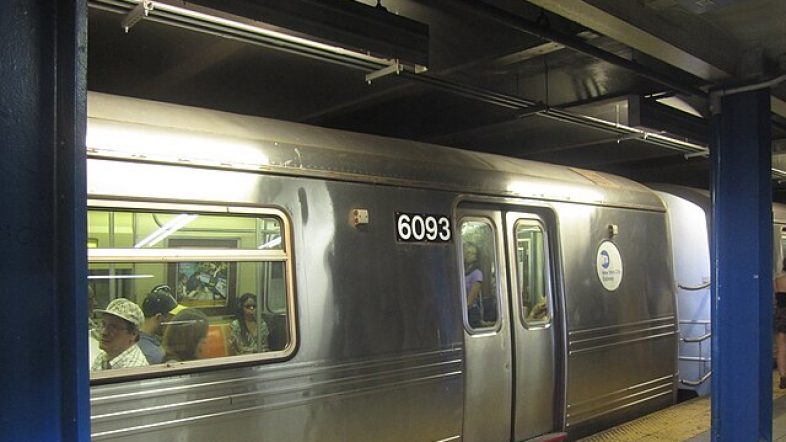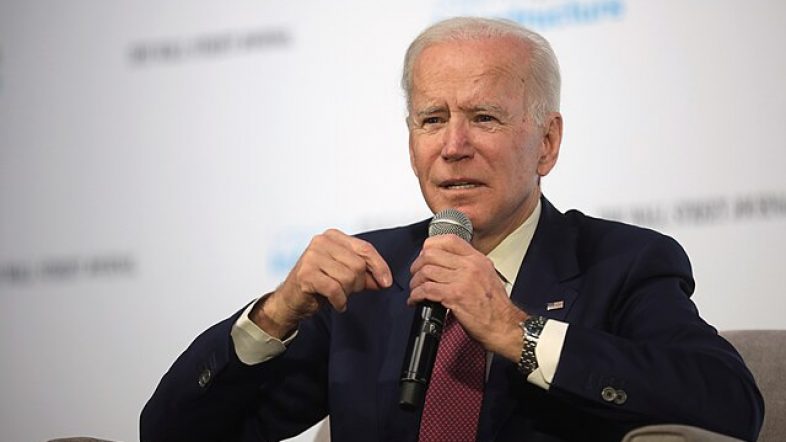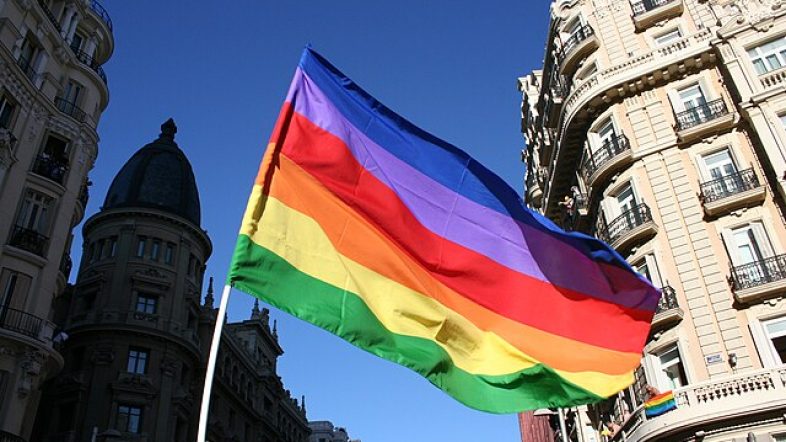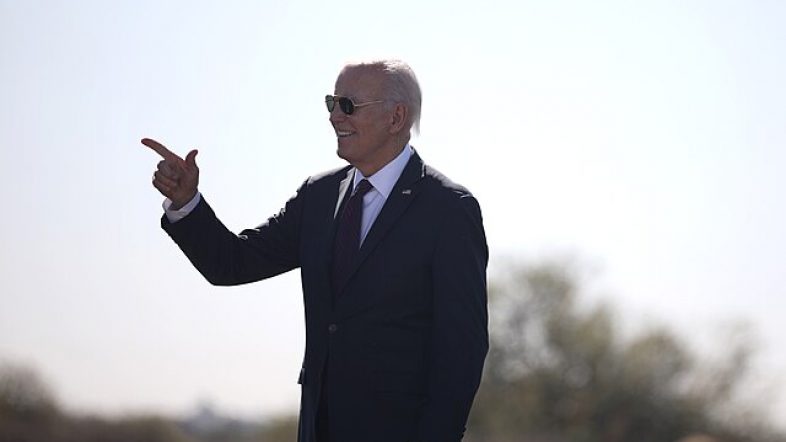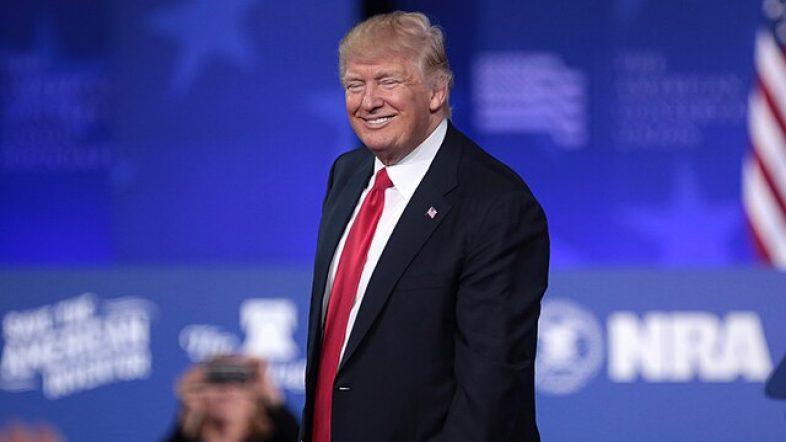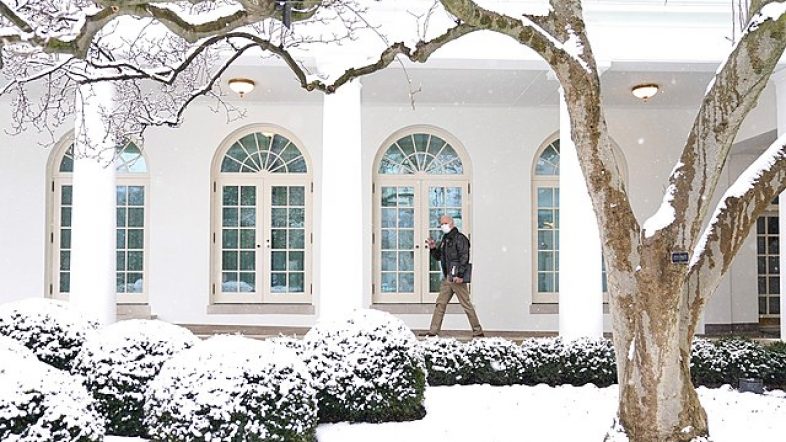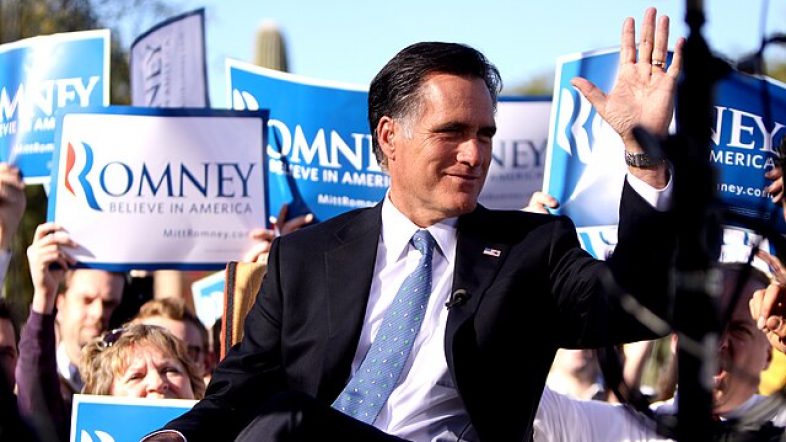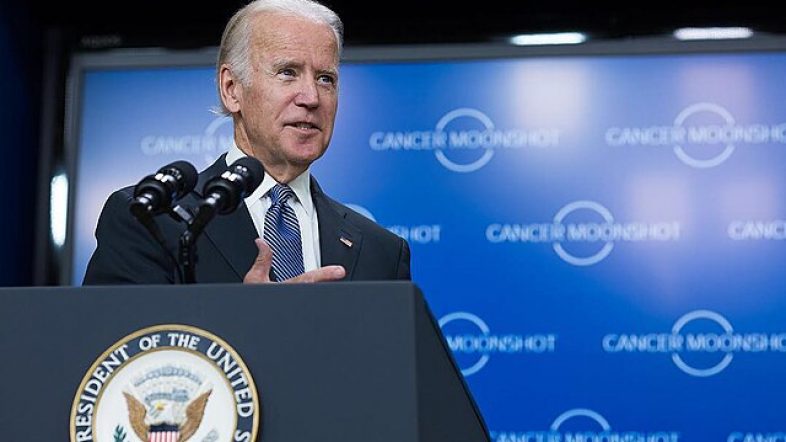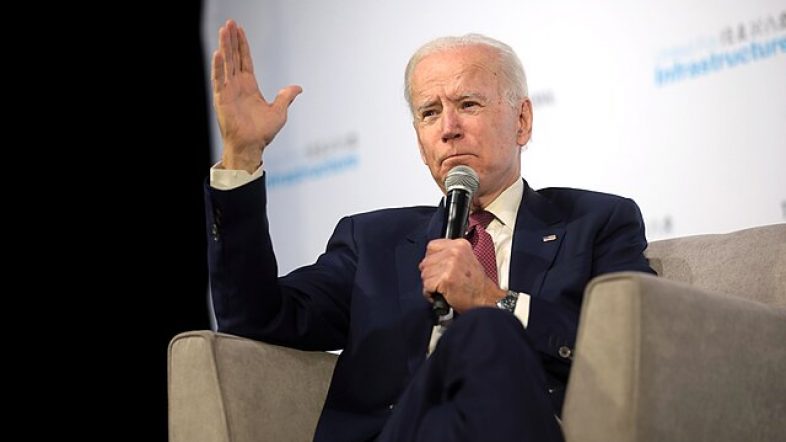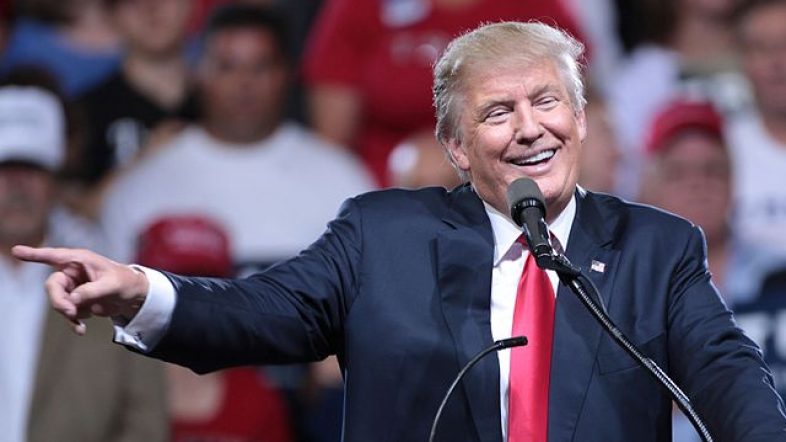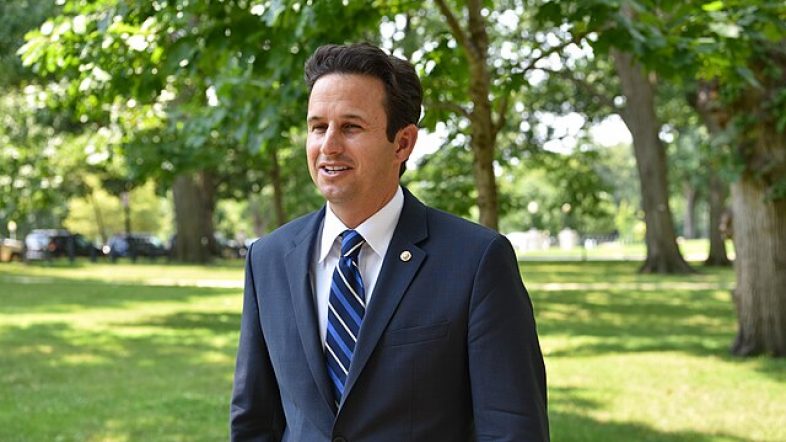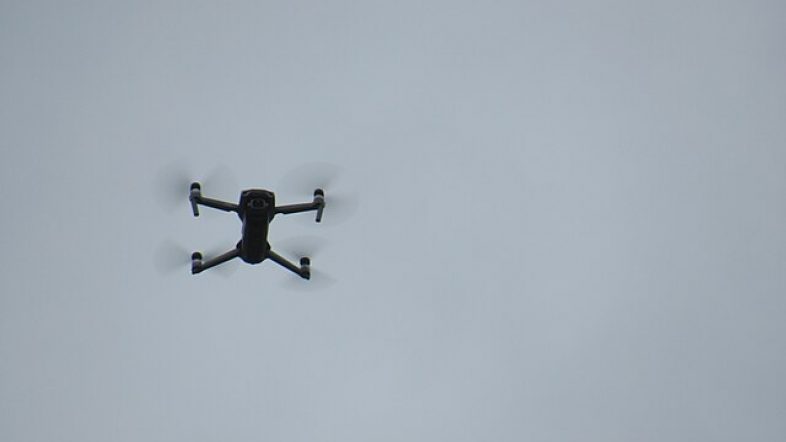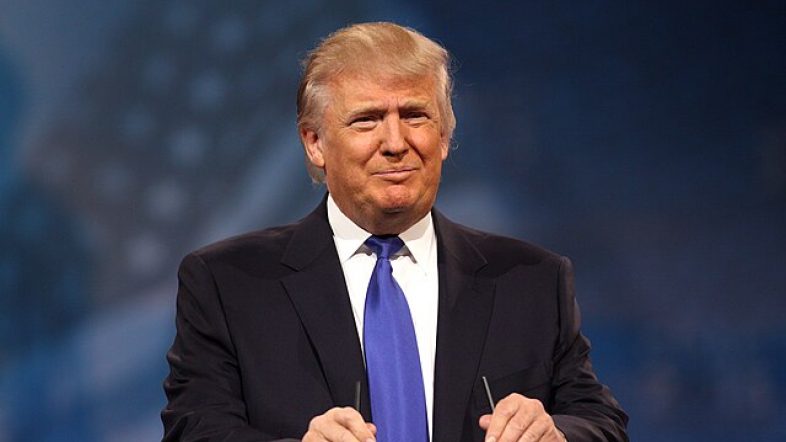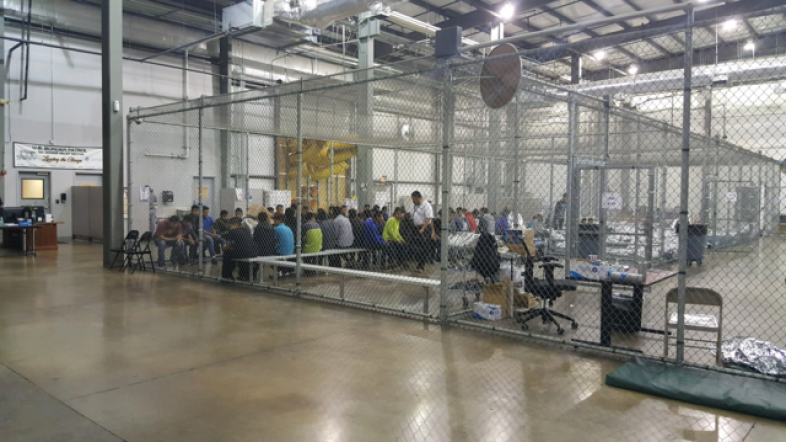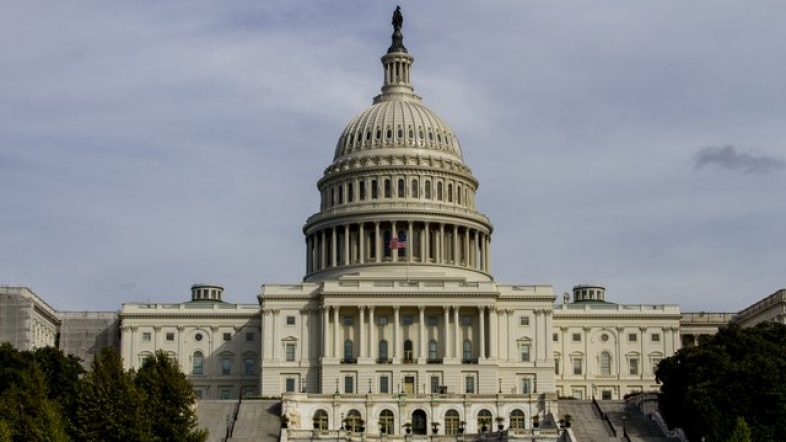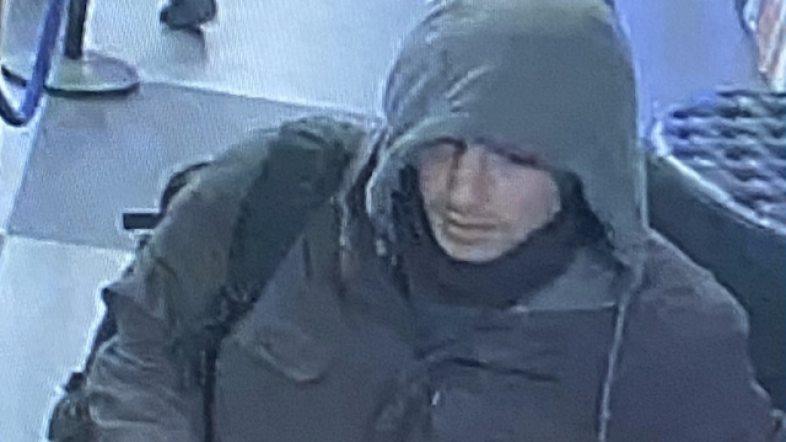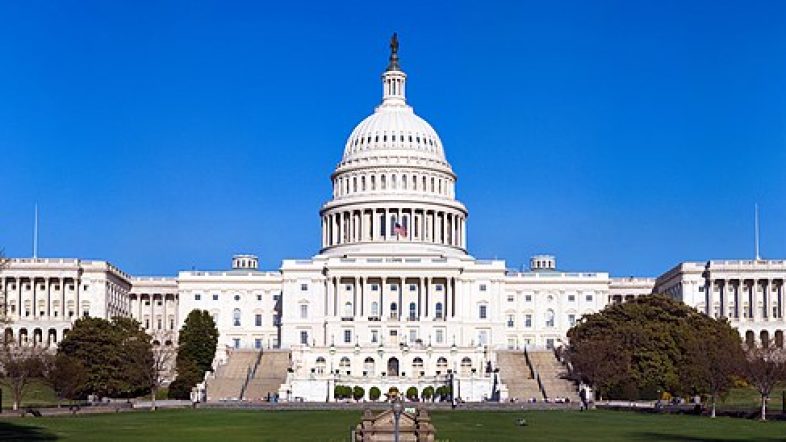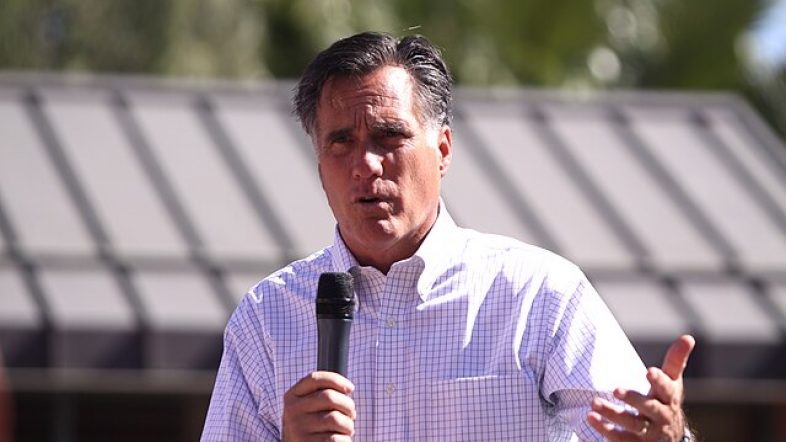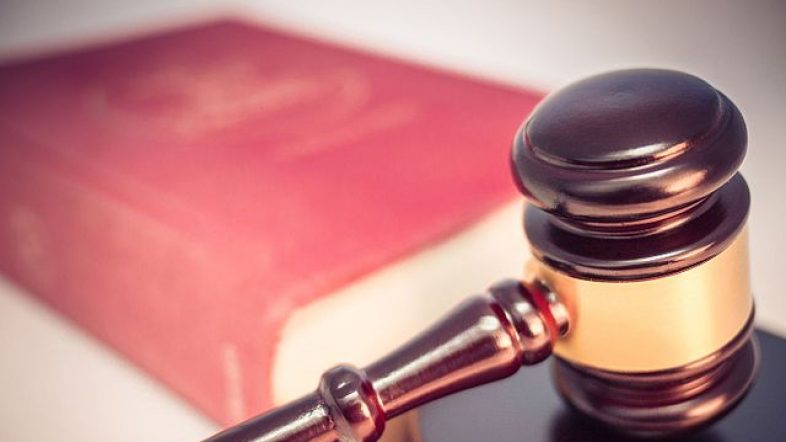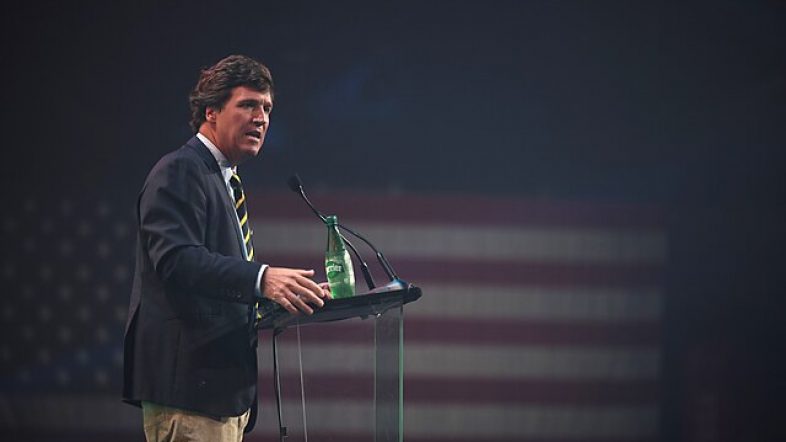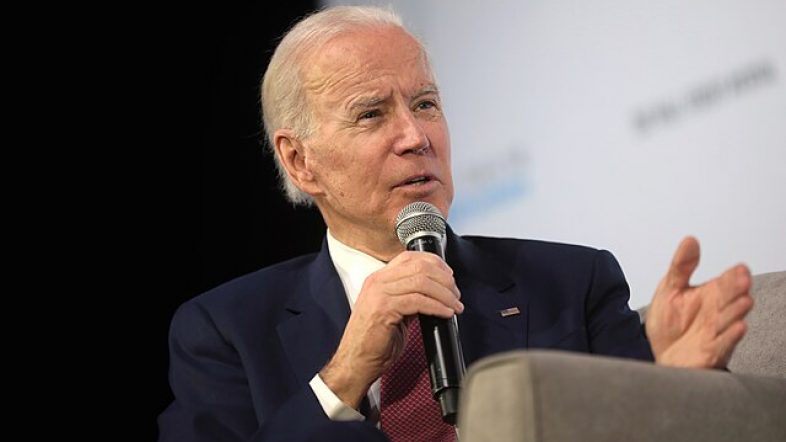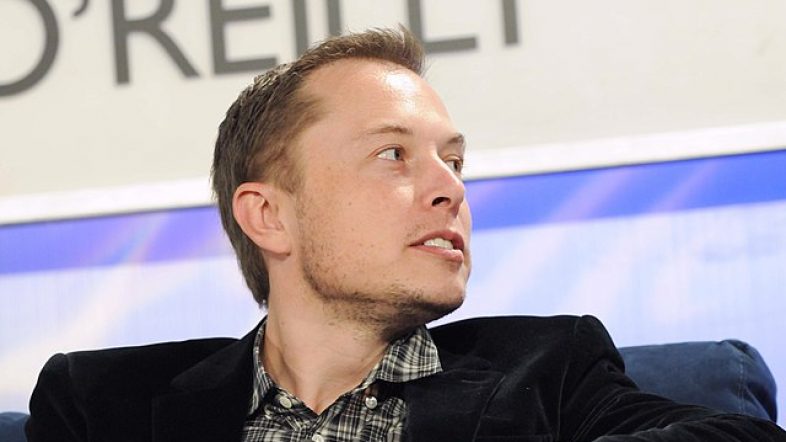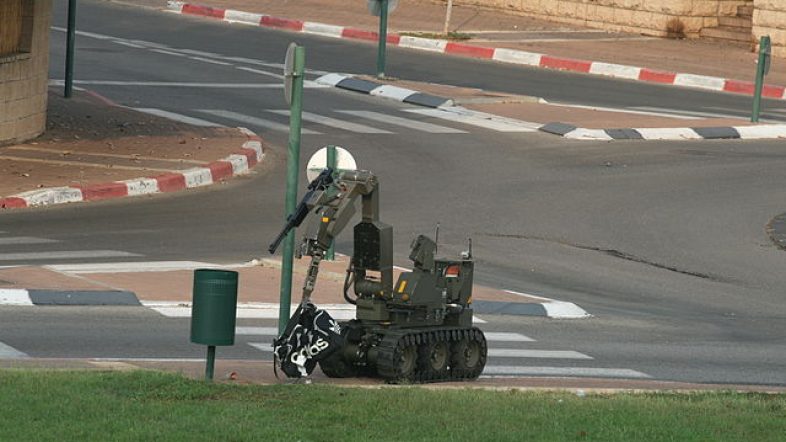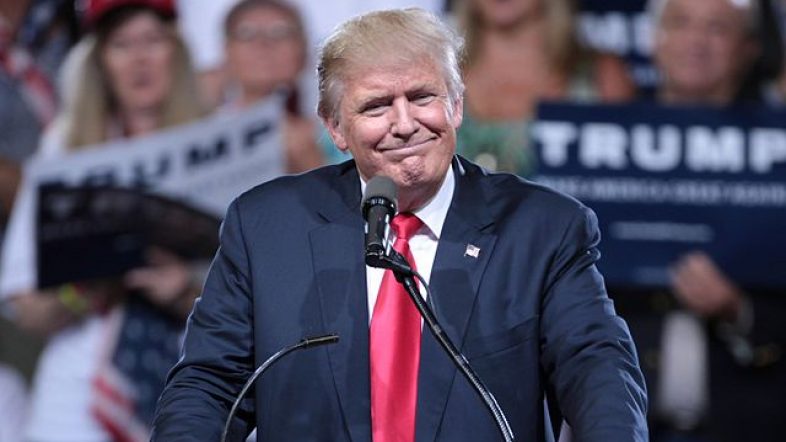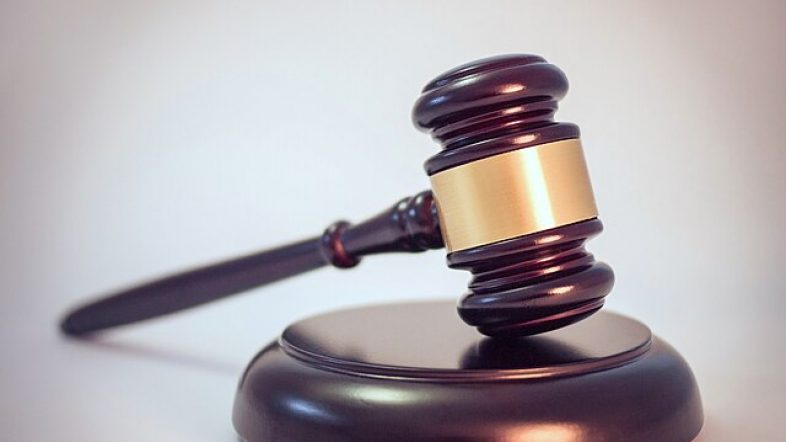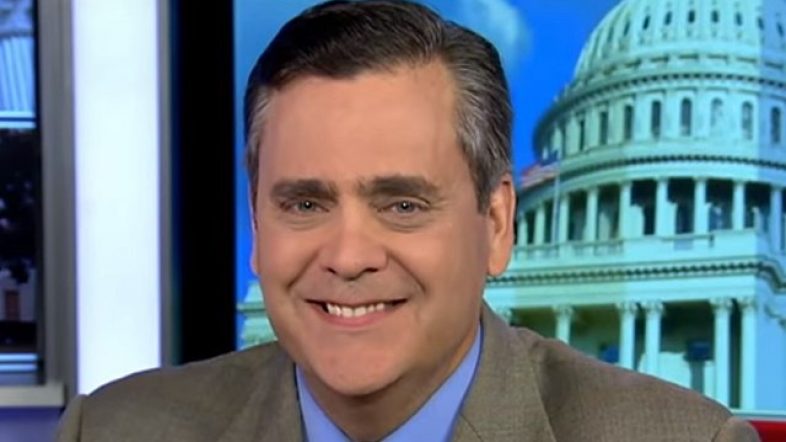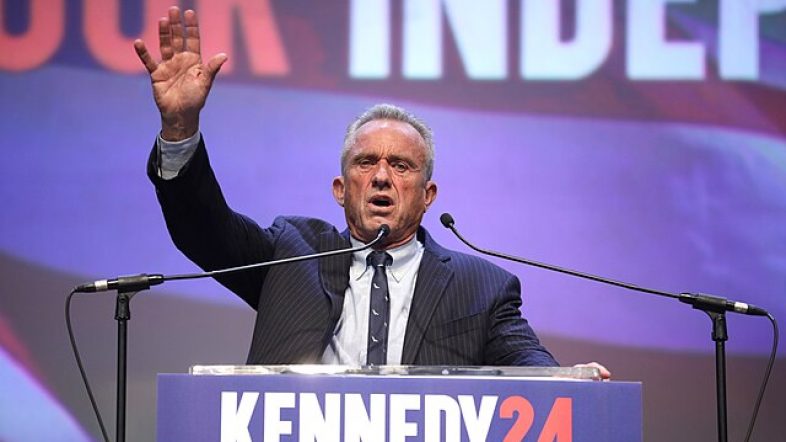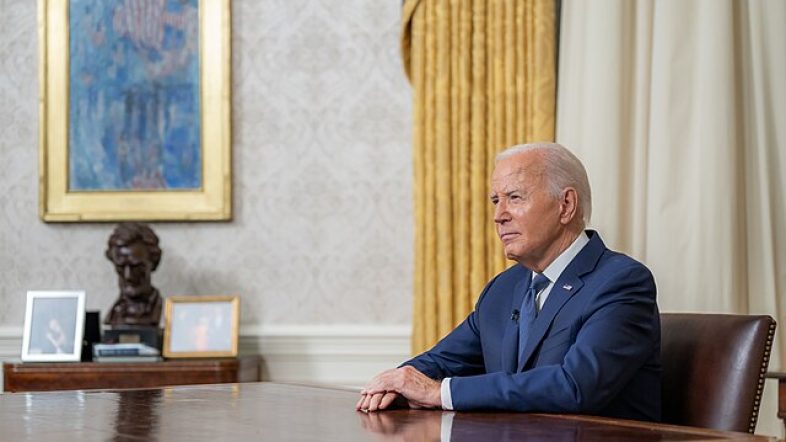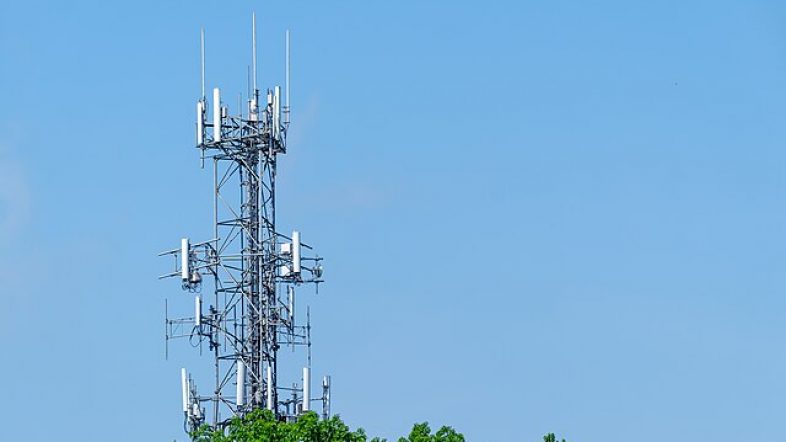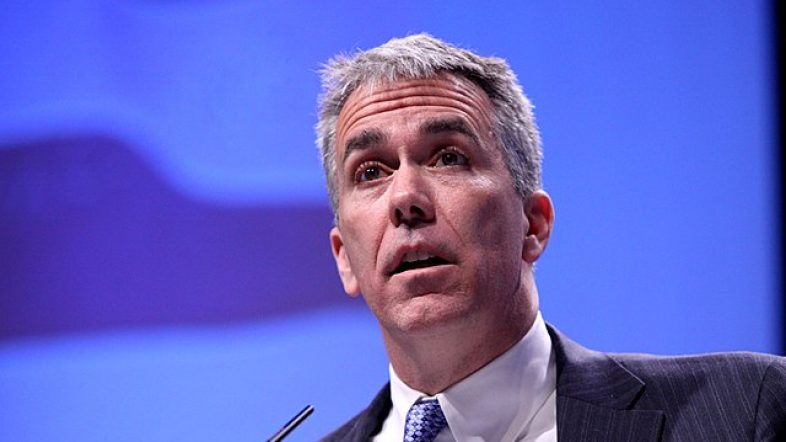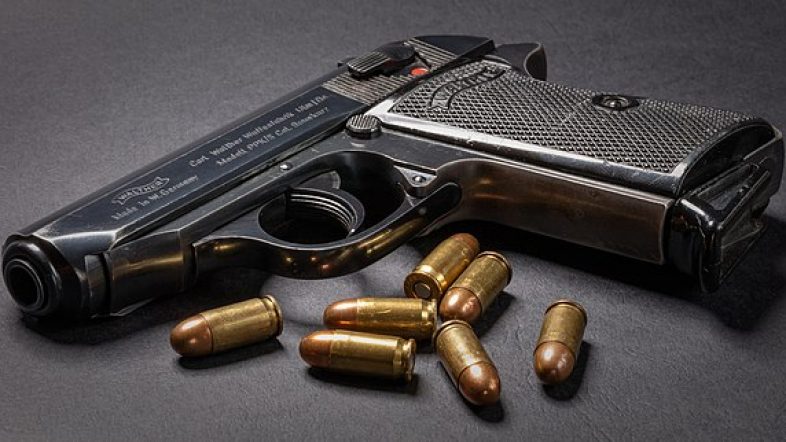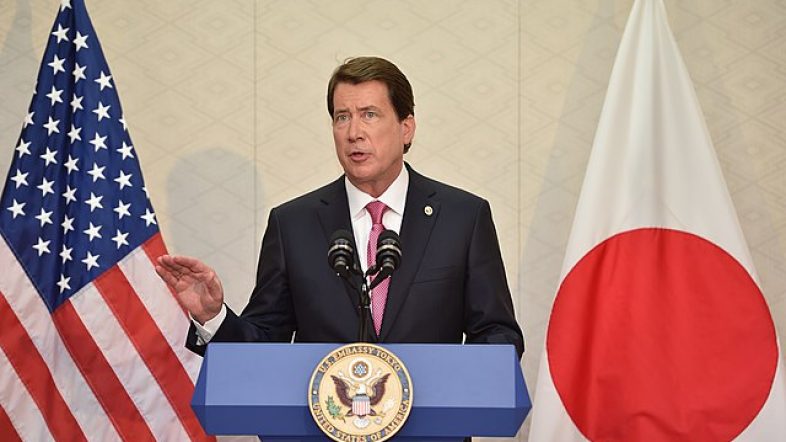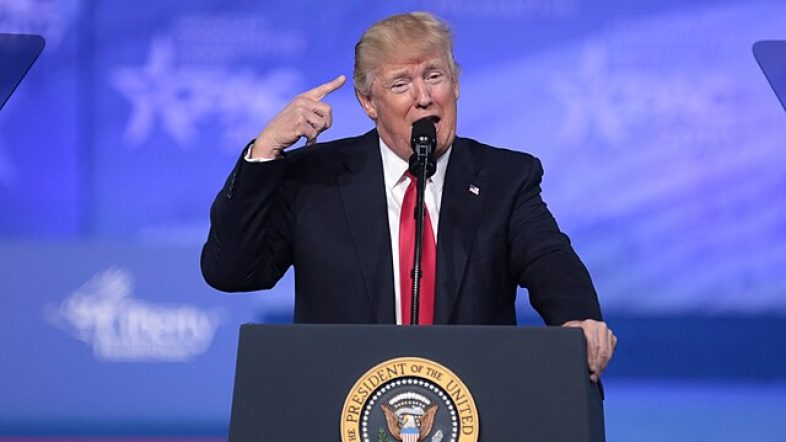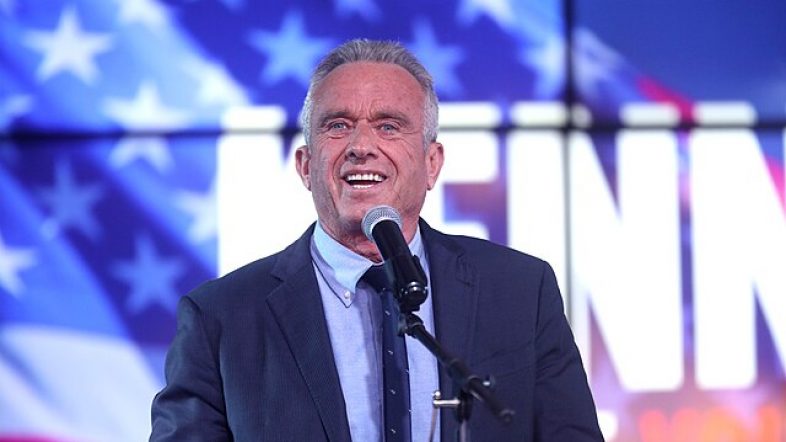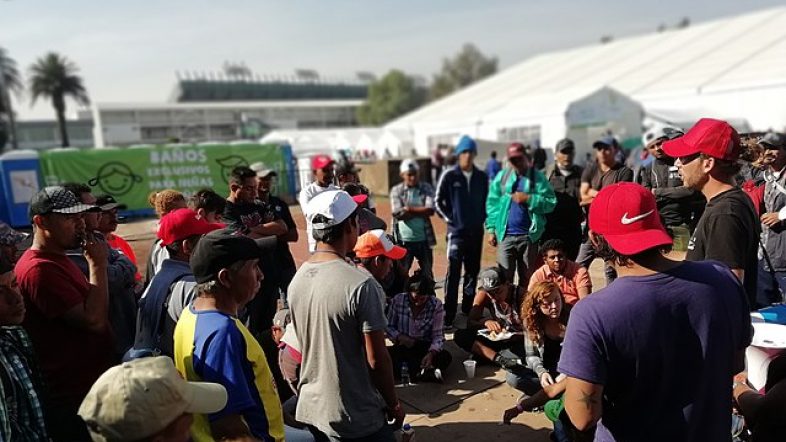Long before Donald Trump’s hush-money trial concluded, I predicted that his conviction was a forgone conclusion — despite the obvious weakness of the case against him.
Had the prosecution been brought in another part of the country, or even in another part of New York State, which was more fairly balanced with anti and pro-Trump voters, I am in little doubt that the outcome would have been different.
But instead, on Thursday, Trump became the first former president to be found guilty of a crime – convicted on all 34 flimsy counts of “falsifying business records.”
Why? Because this case was tried in Manhattan, where practically every man on the street wants to keep one Donald Trump out of the White House.
Perhaps the most important function of an independent jury in criminal trials is to keep a check on the biases of prosecutors and judges.
But for this constitutional protection to work, jurors must not be biased themselves against a defendant.
It’s quite apparent that this essential protection was absent.
And of course, none of these will have been disclosed on corporate forms — which would defeat the point of keeping something secret — and no one has ever been prosecuted for failing to make such a disclosure.
The infamous conversation between Stalin and the head of his KGB Lavrenty Beria is often quoted: ‘Show me the man, and I will find you the crime.’
This prosecution was even worse because, though DA Bragg tried desperately to find a crime with which to charge Trump, he failed to find one, as did his predecessor Cyrus Vance.
So Bragg went a dangerous step further than Stalin ever did: he made up a crime.
He found a misdemeanor that was past the statute of limitations — making a false bookkeeping entry on a corporate form — and magically converted it to a felony that was within the limitation period by alleging that the false entry was intended to cover up another crime.
Throughout the trial, many people inferred that crime to be an alleged attempt at election interference. But Bragg never actually explicitly stated that.
In fact, the prosecution didn’t tell the court what Trump’s other “crimes” were until their closing arguments on Wednesday — by which point the defense had no opportunity to respond.
And even then, the supposed crimes outlined were vague.
In his closing instructions, Judge Juan Merchan exposed his already apparent bias once more – telling the jurors that they didn’t actually have to agree on the specifics of Trump’s unlawful behavior.
How could someone defend themselves against such vague allegations?
It was at this moment that I became convinced that the jury would find him guilty.
And that conviction may well mark the beginning of a new era of partisan weaponization of our justice system.
DA Bragg has demonstrated how easy it now is to get a conviction against a political opponent. Other ambitious DA’s are likely to follow suit. And the ultimate losers will be the American public.


